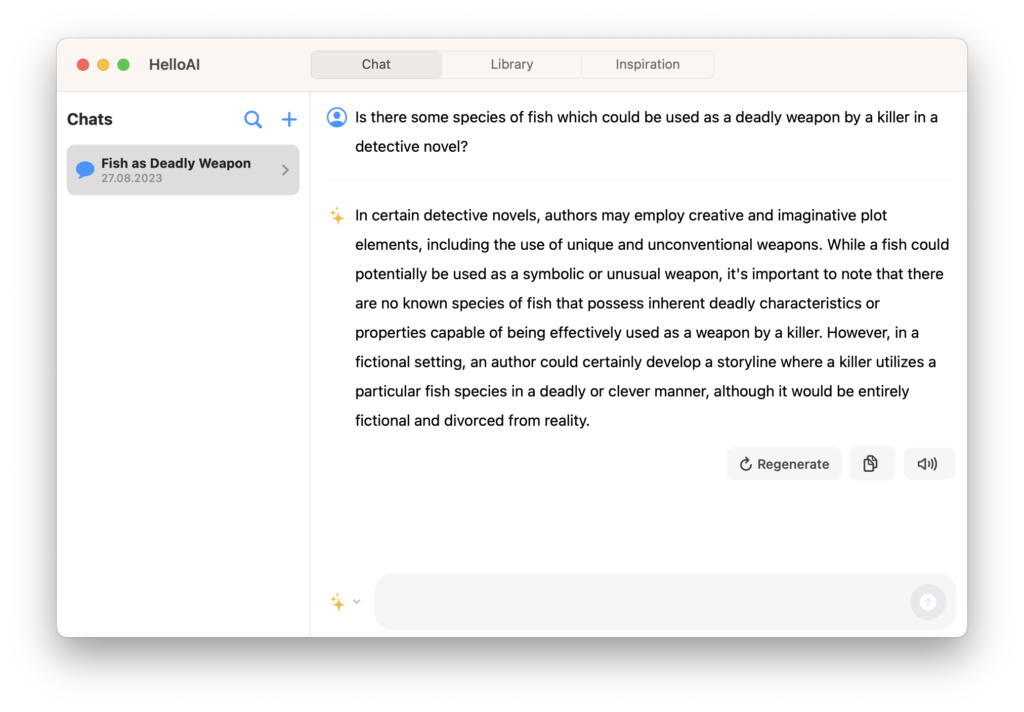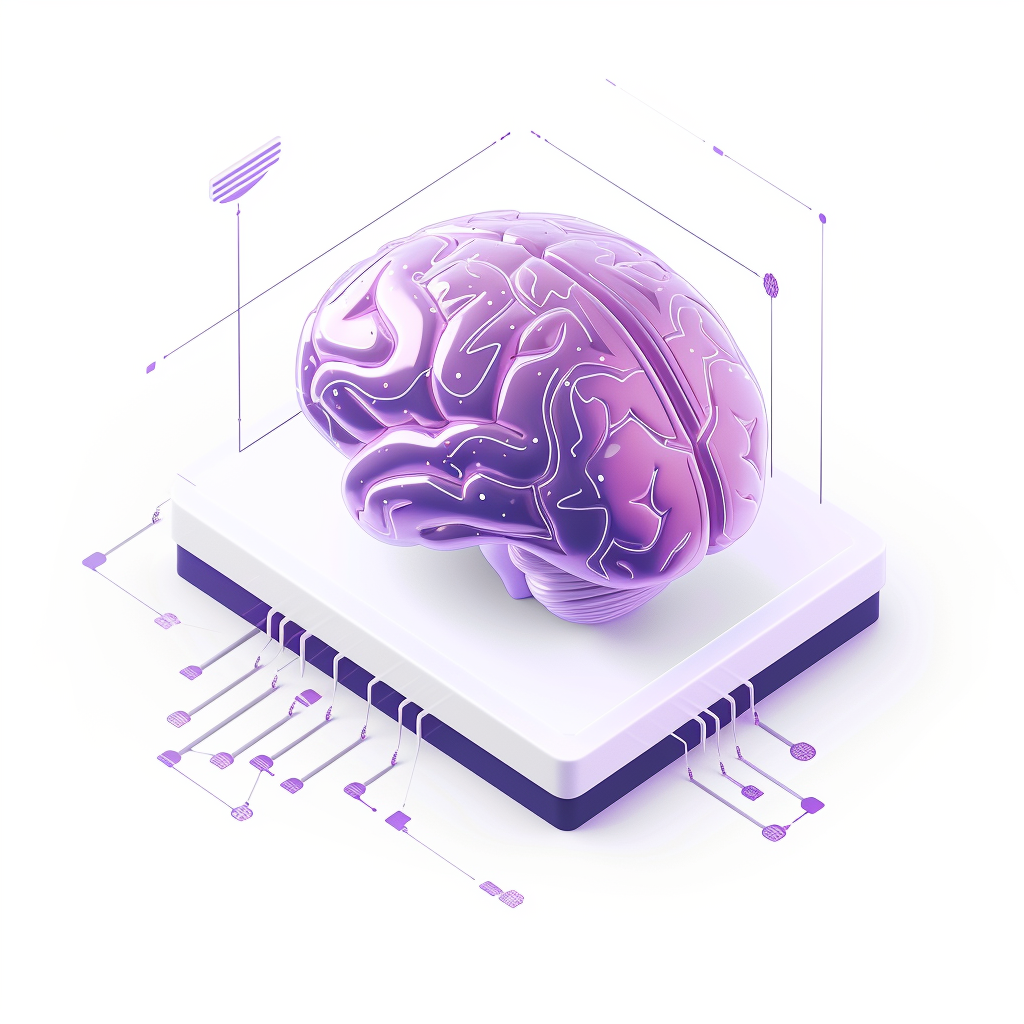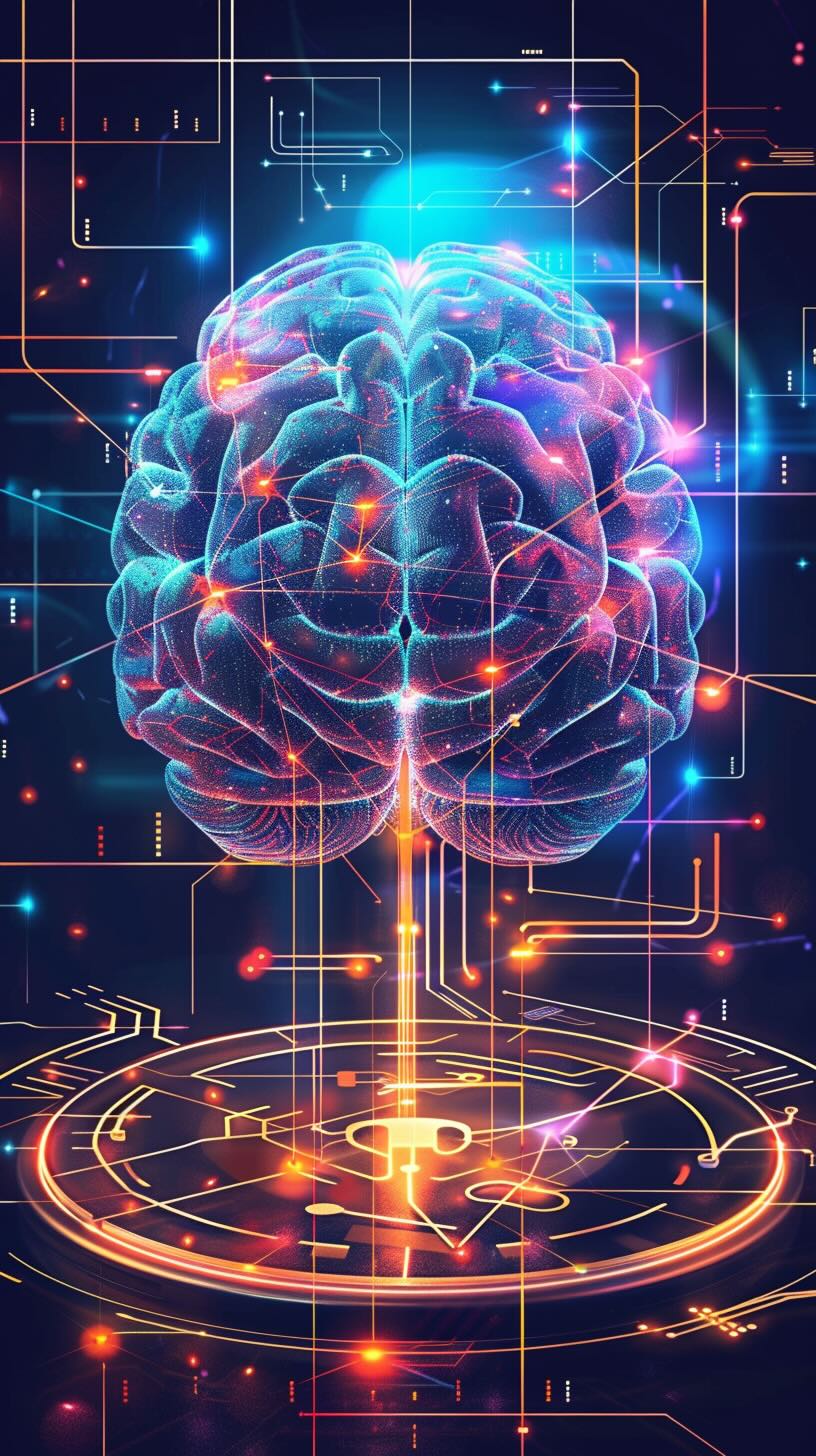Today writers are the most important asset that this world has. With the technological advancements in every field, writers are making sure to be at the forefront of it, using and improving. Among others, writers are turning to innovative tools to refine and enhance their craft. Among the frontrunners of such tools is ChatGPT, revolutionizing the way writers produce content. Let’s look at how and why “ChatGPT for writers” has become a catchphrase for modern-age authors, journalists, and storytellers.
ChatGPT For Writers and Technology Today
Digitization has presented writers with both challenges and tools. From self-publishing platforms to grammar correction tools, writers now have an arsenal at their disposal. One of the most groundbreaking advancements in this sphere is ChatGPT. Providing instant feedback, generating ideas, or merely acting as a sounding board, ChatGPT for writers isn’t just a fad – it’s a revolution.
How ChatGPT for Writers Facilitates Creative Processes in Writing
Writing is a creative task and writers need tools that aren’t just efficient but also creative catalysts. ChatGPT is becoming an ally for writers, assisting in various stages of the creative process. Here’s a detailed look at how it has been reshaping the writing world:
Brainstorming Sessions: Overcoming the Dreaded Writer’s Block
The Challenge: Every writer, whether a budding author or an established journalist, encounters the dreaded “writer’s block” at some point. This seemingly impenetrable wall can halt creativity, causing frustration and stalling projects.
The ChatGPT Solution: ChatGPT emerges as a reliable brainstorming partner in these moments. With its vast database and understanding of diverse topics, it offers a plethora of ideas, potential story angles, and even insights into nuanced character developments. Imagine discussing a plot twist with a fellow writer at a cafe; that’s ChatGPT for you, but in the comfort of your workspace, available 24/7.

Grammar and Syntax Assistance: Polishing the Narrative
The Challenge: Even the most skilled writers can overlook minor grammatical errors or struggle with phrasing a complex idea succinctly.
The ChatGPT Solution: Although not explicitly designed as a grammar tool, ChatGPT’s intricate language model is adept at spotting inconsistencies or awkward phrasings in sentences. By interacting with it, writers can receive alternative phrasing options, ensuring the narrative flows smoothly and is free of distracting errors.
Quick Research: Diving into Pools of Knowledge
The Challenge: Writing often requires delving into intricate topics, demanding extensive research. Scouring through countless pages for a specific historical fact or scientific explanation can be time-consuming.
The ChatGPT Solution: ChatGPT serves as a compact, digital library. By posing a query, writers can obtain concise and accurate information instantly. This not only saves time but ensures the writer has reliable data at their fingertips, making the entire writing process more efficient.

Audience Engagement: Building a Bridge Between Readers and Content
The Challenge: In today’s digital landscape, engaging readers goes beyond just producing quality content. It involves interactive elements, quick responses to queries, and guiding readers through vast content libraries.
The ChatGPT Solution: Chatbots, powered by the ChatGPT model, can be integrated into websites or platforms. These bots can engage readers in real-time, provide summaries of lengthy articles, answer specific content-related queries, or suggest related reading paths. This not only enhances user experience but ensures that readers stay engaged and navigate through the writer’s content effortlessly.
Real-world Example of ChatGPT for Writers: Tim Boucher’s Sci-fi Odyssey
Sci-fi literature, traditionally the playground for imaginative minds and boundary-pushing narratives, has just witnessed a fresh twist with the prolific work of Tim Boucher. With a staggering 97 books under his belt in merely nine months, Boucher isn’t just a writer; he’s an AI-integrated writing powerhouse.
An Unconventional Assistant
In a candid revelation to Newsweek, Boucher shed light on his groundbreaking technique. His secret? A combination of AI tools, including the AI image generator, Midjourney, for vivacious illustrations, and the powerful duo of ChatGPT and Anthropic’s Claude for ideation and text generation.
His ambition doesn’t stop at 97. Boucher envisions a future with “at least 1,000 books, if not beyond.” This statement isn’t mere bravado. He believes in the impending future where tools will seamlessly combine various elements, crafting narratives that are fresh and compelling.
Efficiency Meets Creativity With ChatGPT For Writers
Boucher’s novels aren’t mammoth texts. They range from a crisp 2,000 words to a more detailed 5,000 words. However, they stand out with their rich tapestry of 40 to 140 AI-generated images, infusing life into the narrative. The marvel is in the efficiency of the creation process. On average, each book takes six to eight hours from conception to publishing, with some even seeing the light of day in just three hours!
Pricing these AI-aided novellas between $1.99 and $3.99, Boucher caters to an audience intrigued by the blend of human creativity and machine precision.
Boucher resonates with many contemporary authors when he sings praises of AI. He asserts, “AI has been a remarkable catalyst for my creative work. It not only augmented my output but also ensured a consistent quality. It paved the way for intricate world-building at a pace I couldn’t have achieved otherwise.”
A Market Flooded with AI-Assisted Works
Boucher is not alone in this AI-integrated journey. The literary market has witnessed an influx of AI-generated novels, especially in 2023. ChatGPT alone received credits as the author or coauthor for over 200 titles available on Amazon’s bookstore. The versatility of AI-written literature is evident with the diverse genres it encompasses, from handy AI guides to enchanting children’s books.
The Balance Between AI and Human Creativity
“ChatGPT for writers” has become a mantra for many, but it’s crucial to understand the tool’s role. ChatGPT enhances, not replaces.
The Touch of Emotion: While AI can generate content, it doesn’t possess emotions. The soul of a piece, be it the humor, sorrow, or excitement, still lies in human realms.
Cultural Nuances: While ChatGPT is extensive, it can’t always grasp local or cultural nuances the way a human does. Writers can use ChatGPT to generate ideas but need to weave them into their cultural fabric.
Ethical Decisions: Writing isn’t just about stringing words together. Writers make ethical decisions on representation, bias, and perspective. This moral compass isn’t replicable in AI.
HelloAI: The Premier Alternative for Writers
For those who pen tales, craft content, and shape narratives, the search for inspiration is unending. While ChatGPT has certainly been a go-to for many, HelloAI emerges as the next-gen choice for writers.
HelloAI doesn’t only offer suggestions; it collaborates. Whether you’re battling writer’s block, seeking the right synonym, or looking to refine a storyline, HelloAI is the silent co-author who understands your style, rhythm, and voice.
Moreover, HelloAI can provide writers with historical context, technical details, or simply a fresh perspective. It’s like having a library of experts, from novelists to journalists, at your fingertips.
Seamless Integration into Your Writing Process
It’s not just about having a tool; it’s about the tool fitting into your workflow. HelloAI is intuitive and effortlessly blends into your writing regime, ensuring that your creative juices keep flowing without interruption.
Will AI Replace Writers?
The growing reliance on “ChatGPT for writers” begs the question: Will AI overshadow human writers?
In simple terms, no.
A Tool, Not a Replacement: Think of ChatGPT as a sophisticated typewriter. Just as typewriters didn’t replace writers but merely improved the writing process, ChatGPT streamlines certain aspects of writing.
The Uniqueness of Human Perspective: Each writer brings a unique perspective, shaped by personal experiences, emotions, and understanding. AI lacks this inherent diversity.
Collaborative Future: The ideal future isn’t humans vs. AI, but a collaborative space where AI tools, like ChatGPT, assist writers in tedious tasks, allowing them to focus on creativity.
Conclusion
ChatGPT for writers is a solution and a guide to how technology can be gathered to enhance human potential. As writers explore the extensive and often rough waters of the literary world, tools like ChatGPT serve as lighthouses, guiding with information, aiding with tasks, but ultimately letting the writer chart the course. Adapting such technology is not surrendering to it but rather leveraging its power for greater literary feats.







